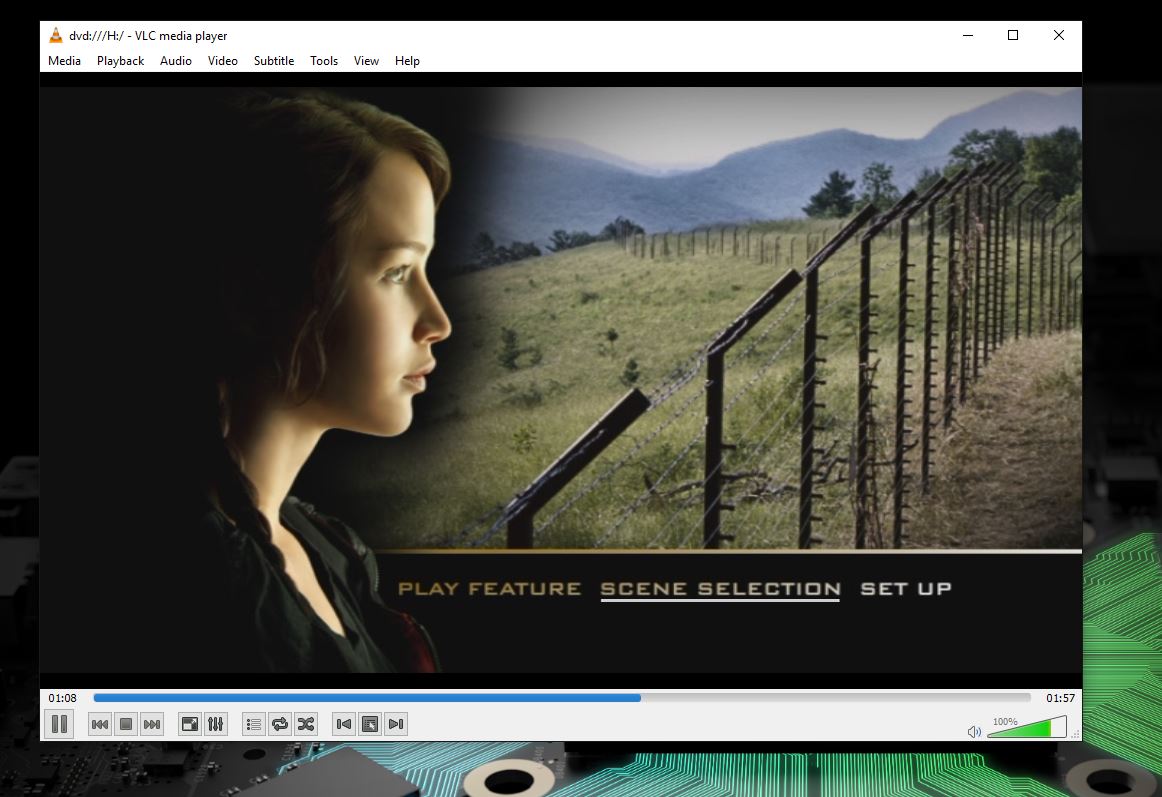
Want to put your Blu-ray discs into your home media server or just make it easier to watch them on a PC? Here's what you need to know.
A Blu-ray contains a lot of data, and to get them onto your PC you need time and patience. But it's also a fairly straightforward process and something that anyone can do.
To be clear, though, there is a distinct legal grey area around using software such as that mentioned in this post, and this will differ depending on your location. It's unlikely you personally will face any direct consequences of circumventing the DRM on Blu-ray discs, but it's something to bear in mind.
Getting a Blu-ray drive for your PC

The first thing you actually need is a Blu-ray drive, and they're not particularly common when it comes to being pre-installed in PCs these days. If you have one, great, you're all set.
If you don't, you need a great external drive. They'll hook up over USB 3.0 to your PC, and you can get cracking straight away.
Best external Blu-Ray drives for PC
Ripping your Blu-ray discs

This isn't for the light-hearted, mostly because it takes such a long time to do, and it's easy to make a mistake. But there is a free way to do it using two pieces of software.
MakeMKV and Handbrake have been featured before in our roundup of DVD cloning software, and for good reason. Both are completely free to use, and though MakeMKV is technically still a beta, they're very powerful.
Essentially you use MakeMKV to pull the data from the Blu-ray, then run it through Handbrake to compress it down. You can, of course, skip Handbrake, but each file from a Blu-ray will be huge. So unless you have an awful lot of storage on hand, running through Handbrake is a good step to reduce the file size at the expense of outright quality.
It's a lengthy process, but this great post walks you through some of the steps.
Download MakeMKV for WindowsDownload Handbrake for Windows
How to use the files
What you end up with is a digital file now instead of the disc. And that means you can watch it with any programs on your PC capable of interpreting that file type. That might be the built-in Movies & TV app, or it could be something a little more advanced like VLC.
One of the best things you can do is add them to a home media server such as Plex or Emby. This way you can enjoy them on not only your PC but any other device that has access to those apps, as well as easily being able to pull them into something like Kodi.
If you've got any tips or tricks be sure to drop them into the comments below!

















